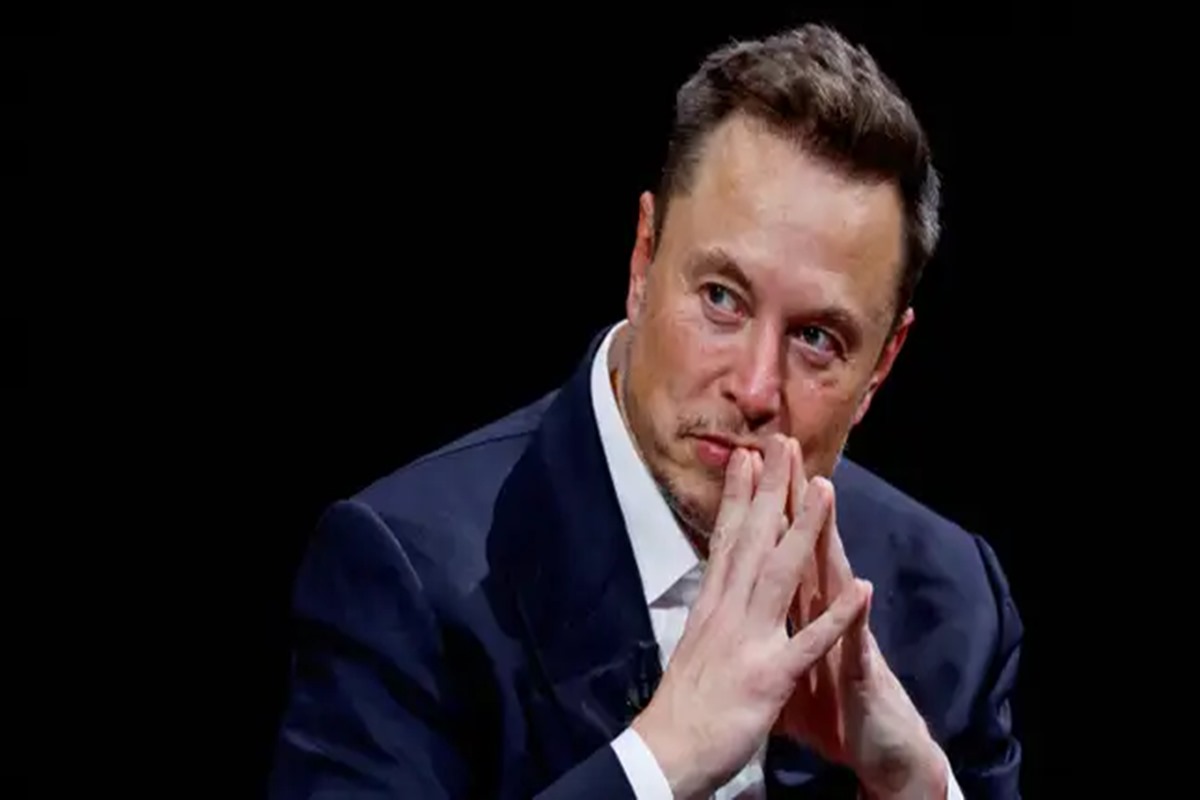An amended lawsuit, filed by Tesla and SpaceX CEO Elon Musk in the US against Sam Altman-run OpenAI for abandoning its non-profit stance, has revealed some interesting email exchanges between them.
Musk was OpenAI’s largest financial backer. In 2016, He contributed over $15 million, and in 2017 he contributed nearly $20 million.
Advertisement
“Additionally, through Musk Industries, he leased OpenAI, Inc.’s office space in the Pioneer Building in San Francisco, paid its monthly overhead expenses, and even though he stepped down from the Board and relinquished his status as member on February 21, 2018, he nevertheless continued to make regular contributions to OpenAI, Inc. until September 14, 2020,” read the lawsuit.
All told, the tech billionaire contributed more than $44 million in cash alone to OpenAI, Inc. in its first five critical years.
“It is fair to say that without Musk’s involvement, backing, and substantial supportive efforts, there would have been no OpenAI,” the lawsuit further stated.
In September 2016, Altman and Microsoft arranged for it to sell compute to OpenAI at a steep discount so long as the non-profit agreed to publicly promote Microsoft’s products. .
Musk rejected the “donation” and marketing ploy, writing to Altman: “This actually made me feel nauseous. It sucks and is exactly what I would expect from them.”
The deal eventually went through, but without marketing gimmicks and at a more fulsome, but still below-market, price
Musk wrote: “History unequivocally illustrates that a powerful technology is a double-edged sword. The recent example of Microsoft’s AI chatbot shows how quickly it can turn incredibly negative. The wise course of action is to approach the advent of AI with caution and ensure that its power is widely distributed and not controlled by any one company or person. That is why we created OpenAI.”
In 2017-2018, Altman and Brockman moved to recast the non-profit as a money-making endeavour to bring in shareholders, sell equity, and raise capital, and pressed Musk to agree.
After some back and forth, Musk wrote to Altman and Brockman on September 20, 2017: “Either go do something on your own or continue with OpenAI as a non-profit. I will no longer fund OpenAI until you have made a firm commitment to stay or I’m just being a fool who is essentially providing free funding to a start-up. Discussions are over.”
Altman tried to play the whole thing off, reassuring Musk the next day: “I remain enthusiastic about the non-profit structure!” with Brockman soon following suit.
Notably, on March 25, 2018, barely a month after Musk stepped down from OpenAI’s Board, Altman proposed the selling of equity in an unusual “fixed maximum return” structure, sufficiently developed to be actionable within four to six weeks”.
Microsoft first invested $1 billion in OpenAI in 2019 and Altman finally succeeded in his multi-year effort to become OpenAI’s CEO. Microsoft’s cumulative investment in OpenAI has reportedly swelled to $13 billion.
OpenAI last month raised $6.6 billion at a $157 billion post-money valuation.











